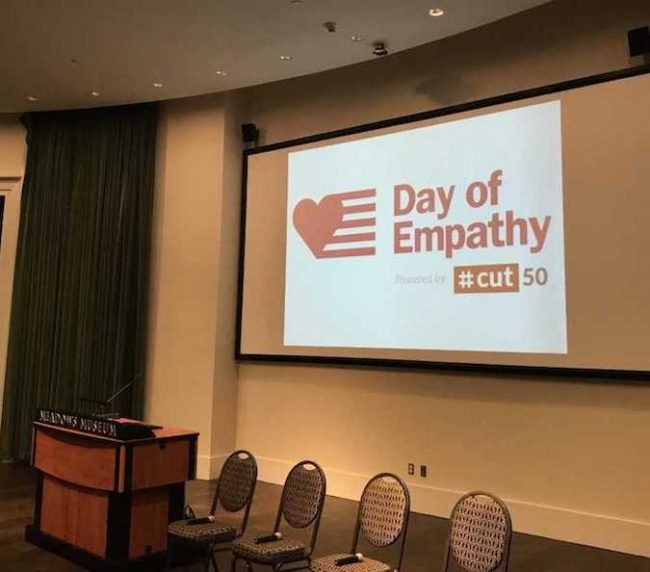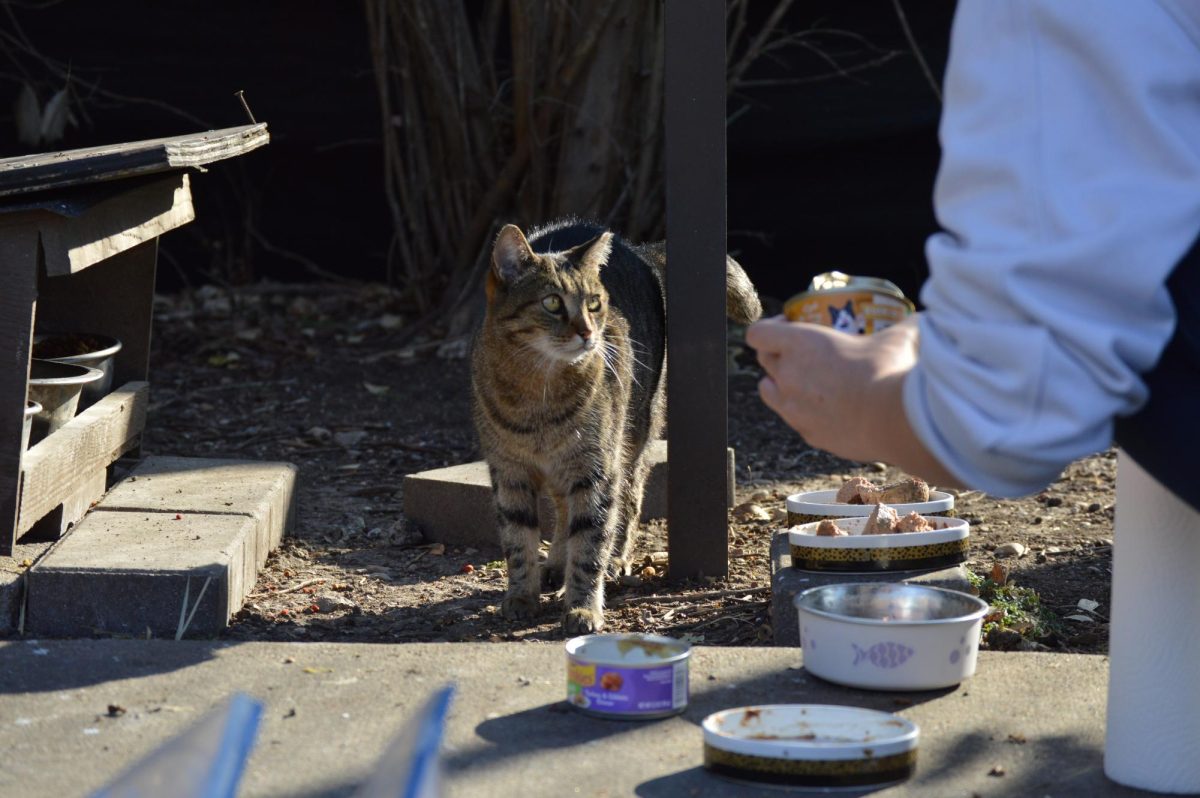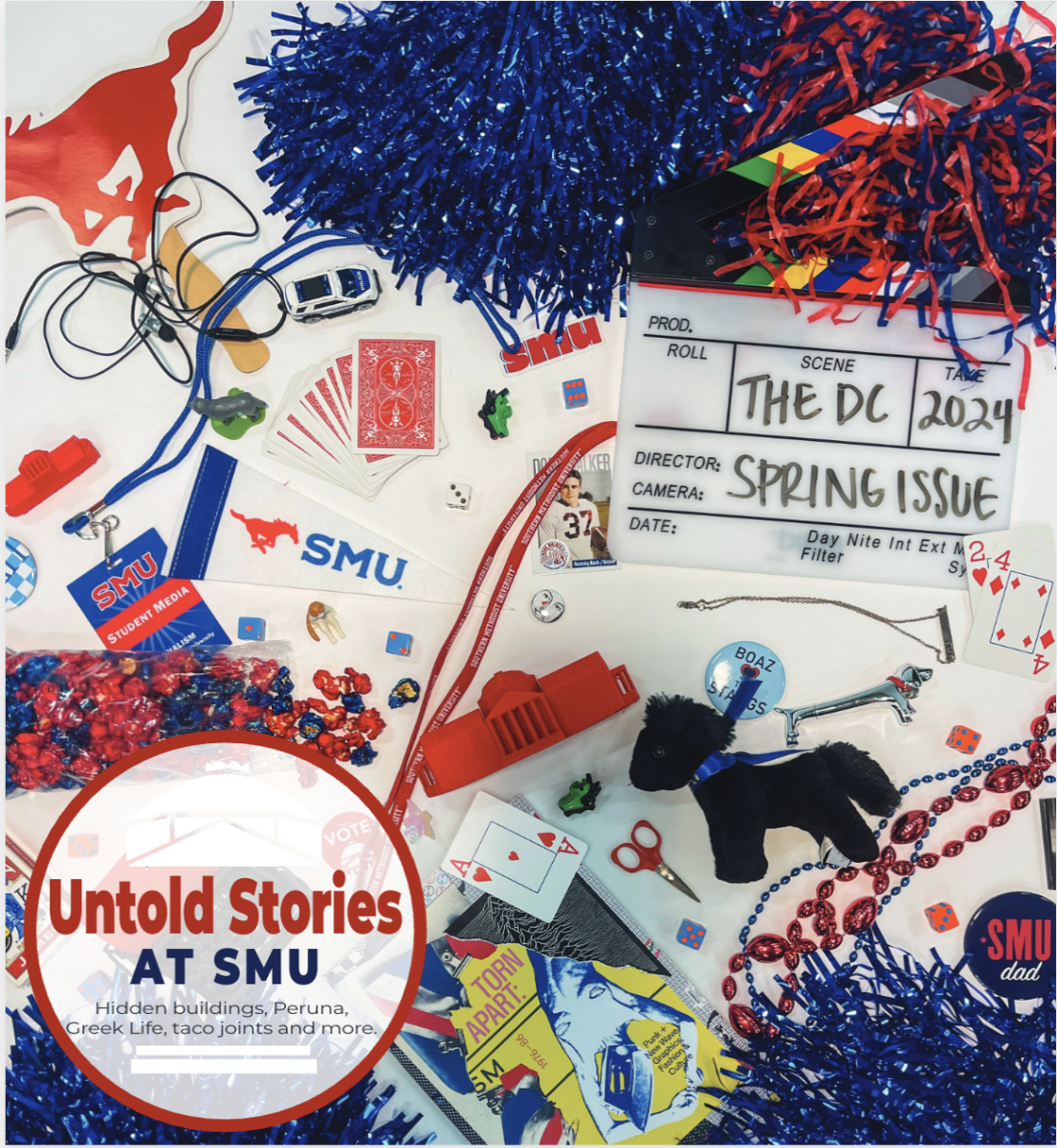Two formerly incarnated women from It’s Criminal, a feature documentary bridging the social gap between students of privilege and women in prison, said reinstitution back into society, even after eight years, is far from freedom.
Charlotte Gunderson and Kim Vazquez sat on the panel with tenured Dartmouth professor and co-producer of the film, Ivy Schweitzer Tuesday in Meadows museum.
“In some states you can’t vote, you can’t get a passport, you can never work for the federal government,” Vasquez said. “This is the reason why the recidivism rate is so high, because no one wants to work at Burger King at 45 years old.”
Vasquez is now a house manager, getting her degree in psychology and wants to work in a 90-day rehabilitation facility.
“You check the yes box on every job application that asks if you have a felony. Then they ask, if yes, please explain.” Gunderson said. “Do you think anybody ever reads the explanation? Nobody cares enough.”
Gunderson, now running an industrial department at a manufacturing plant in Newport, New Hampshire, wanted to be an electrician, but said it is something she’ll never be able to do because of her conviction.
Despite profound hardship, they both agreed the documentary and filming process saved their lives.
The idea for It’s Criminal was conceived after Schweitzer heard a lecture that political activist Angela Davis gave about the prison industrial complex. She then sought the help of Pati Hernández to reshape the feminist theory course she had been teaching.
“We all need to think about this, this is our issue,” Schweitzer said. “It’s not that drug addicts need rehabilitation, we need rehabilitation. As a society, we are responsible for the dysfunctionality of their lives that causes them to become addicts.”
Hernández, originally from Chile, had experience working with men in prisons and came on board as the adjunct professor to the course for her background in analyzing social and political inequities through arts of storytelling, acting, and dance.
The two have been offering the Dartmouth course, Telling Stories for Social Change, since 2007. Although they typically record just the final performance as a course conclusion, It’s Criminal is the product of the entire process.
“I’m not here because I’m a good person, I’m here because I’m an angry person,” Hernandez said.
Directed by Signe Taylor, the filming process of It’s Criminal was one of intensity, forcing Taylor, who had never been in a correctional facility before, to reevaluate her privilege. She felt fear and shock when her equipment was searched and her ID taken as the prison doors clanked shut behind her.
“I walked out of the prison and just sat in my car and cried because I recognized myself so much in this woman,” Taylor said. “There was nothing dividing us except luck.”
With nine more upcoming screenings, Taylor is focusing all of her time on the publicity of It’s Criminal and exploring the idea of having the film shown on a cable channel aimed at multicultural youth as part of a two-month long advocacy campaign for equal justice for all women.















